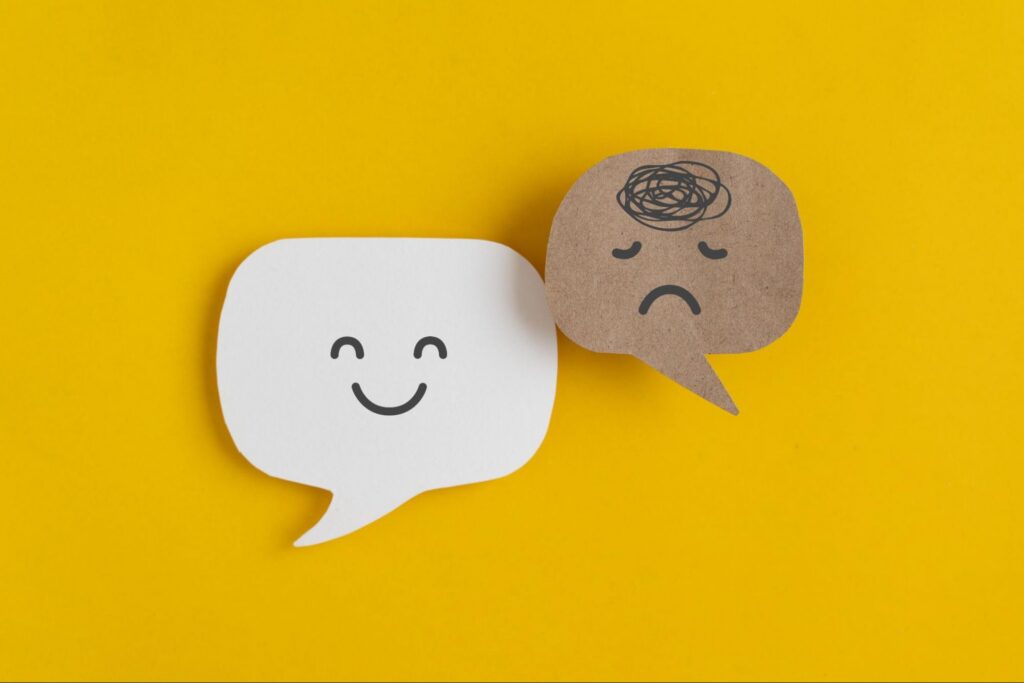
Maintaining your physical condition can be crucial, but what happens when an injury sidelines your life? In some cases, an injury can affect not just your physical capabilities, but your mental health, too.
A personal injury can bring a cascade of emotions—frustration, anxiety, and even depression.Understanding the psychological impact of an injury and the role of mental health support can be vital for recovering well.
In many cases, psychological support can be an important part of recovering from an injury, managing the feelings that come with an injury, and learning to adjust to the potential effects that an injury can have on your life.
The Emotional Toll of Injuries
An injury can be more than a physical setback. It can be a disruption of routine, a pause in a career trajectory, and sometimes, a challenge to your identity. For someone whose self-worth is tied to their physical abilities, an injury can lead to feelings of worthlessness and isolation. This emotional response isn’t limited to professional athletes—anyone could experience these emotions after an injury.
The isolation can be compounded by the time spent away from doing what you love. When you add the potential pressure to recover quickly, it can be easy to see how an injury can contribute to mental health challenges. Some people with an injury might experience depression that manifests as a loss of interest in previously enjoyable activities, changes in appetite or sleep patterns, and feelings of hopelessness.
Understanding the Mind-Body Connection
There is research that shows the mind and body are linked, and this connection can play a significant role in both injury and recovery. Stress and anxiety can slow down physical healing. Intense pressure to recover and high expectations can exacerbate those stress levels, further impacting your recovery.
The Role of Psychological Support
Psychological support can be a game-changer in the recovery process. Here’s how it helps:
Early Intervention
Just as early physical therapy can prevent further physical injury, early psychological intervention can prevent the deepening of mental health issues. Mental health professionals can provide athletes with coping strategies to deal with the emotional fallout of injury and help them reframe negative thoughts.
Building Resilience
Resilience training can empower athletes to view setbacks as opportunities for growth rather than insurmountable obstacles. Mental skills training can enhance your ability to bounce back stronger, with techniques that foster mental toughness, concentration, and confidence.
Developing Coping Strategies
Psychologists can work with you to develop individualized coping strategies. These might include mindfulness practices to manage stress, cognitive-behavioral techniques to challenge negative thought patterns, and relaxation exercises to improve focus and reduce anxiety.
Maintaining Motivation
Injuries often lead to long periods of inactivity or less activity, which can diminish motivation. Psychological support can help maintain engagement through goal-setting and visualization techniques, keeping you focused on recovery and your goals.
Enhancing Communication
People with injuries may struggle to express vulnerability, fearing it may be perceived as weakness. Psychological support fosters open communication, encouraging people to talk about their feelings and concerns, which can be a crucial step in managing depression.

Importance of Healthcare Professionals
Healthcare professionals must advocate for integrated care models that treat both the physical and psychological aspects of injuries. This holistic approach helps ensure better recovery outcomes and supports the overall well-being of people with injuries.
Mental Health Advocacy for Injury Recovery
Strong advocacy can play a crucial role in changing the culture around injuries and mental health. By promoting awareness and education, advocates can help dismantle the stigma that often surrounds mental health challenges related to injuries.
Good advocacy involves normalizing conversations about mental health, promoting access to psychological support services, and encouraging help-seeking behaviors.
Bridging the Gap
Understanding that mental health is as important as physical health is critical. Healthcare professionals and advocates have a responsibility to bridge the gap between physical injury treatments and psychological support. By doing so, we can ensure that more people recover fully and return to their lives, not just physically prepared but mentally resilient.
If you’re facing an injury, know that you’re not alone. Reach out to us at One to One Wellness. Together, we can find a path to recovery that supports your complete well-being.





